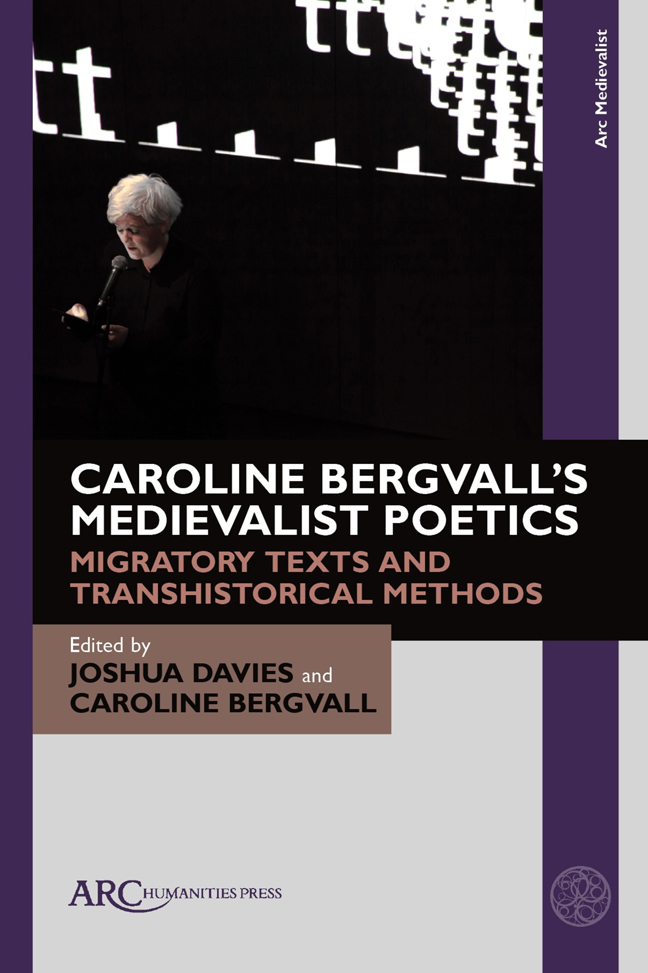Chapter 18 - Alisoun after Alisoun
Published online by Cambridge University Press: 20 February 2024
Summary
For the poet is a light and winged and holy thing, and there is no inven-tion in him until he has been inspired and is out of his senses, and the mind is no longer in him: when he has not attained to this state, he is powerless and is unable to utter his oracles.
Plato, IonJust as summer was ending, one or more of my characters—Celie, Shug, Albert, Sofia, or Harpo—would come for a visit. We would sit wherever I was sitting, and talk. They were very obliging, engaging, and jolly. They were, of course, at the end of their story but were telling it to me from the beginning. Things that made me sad, often made them laugh. Oh, we got through that; don’t pull such a long face, they’d say.
Alice Walker, In Search of Our Mothers’ GardensTHE TWO QUOTATIONS above are reflections on the creative process. Plato sug-gests that inspiration comes from somewhere outside the poet, that an external, divine force speaks through the singer so that he is “out of his senses” and “the mind is no longer in him.” Alice Walker writes from a perspective during the process of writing, implying that literary characters gain their own autonomy and function outside of the overt control of their authors. They leave the page and take on an existence that is sepa-rated from the conscious mind of the author: her characters can come to see her and talk to her; their perspectives are different from hers. Both Plato and Walker understand cre-ativity as something that seems to operate not only within, but also outside of the artist. In Alisoun Sings, Caroline Bergvall reconstructs her own creative process in a way that is reminiscent of both of these models. It focuses on the idea of an external inspiration for which the author must wait, and also foregrounds the concept that literary characters can escape from their texts and have lives of their own. In my meditation on Alisoun as a character, I want to explore what it means to think about creation and character in this way, focusing on how this particular character—Chaucer’s Alison of Bath—has worked on and with authors across time.
At the beginning of Alisoun Sings, Caroline Bergvall describes her creative process, as she calls a name, a name that calls up a “network of resonance” (vii).
- Type
- Chapter
- Information
- Caroline Bergvall's Medievalist PoeticsMigratory Texts and Transhistorical Methods, pp. 155 - 162Publisher: Amsterdam University PressPrint publication year: 2023

